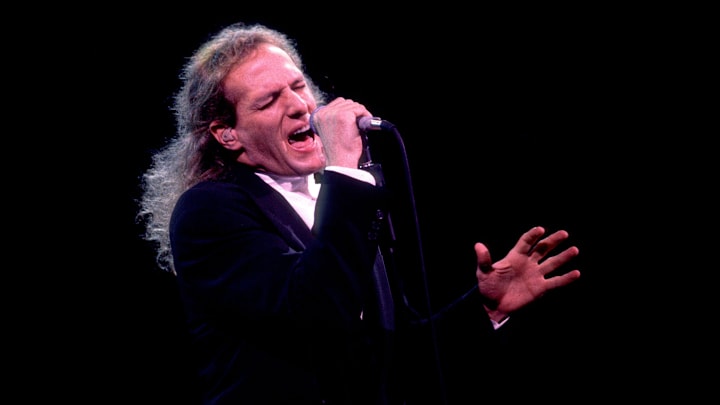2. THE MICHAEL BOLTON YEARS
Michael Bolton had been a professional songwriter for a long time but never had much success as a performer until, rather miraculously, he became one of the biggest recording artists in the world for a brief time in the early 1990s. Exactly why he became successful still baffles scholars, though there is some hope that recent advances in supercomputing and AI technology might begin to help us understand.
I have my own theory. 1990, when Bolton hit big, was quite possibly the worst year pop music has ever witnessed. It just felt like the kind of void a singer like Bolton was destined to fill.
He had two chart toppers in the ‘90s. The first, “How Am I Supposed to Live Without You,” is worse provided you don’t grade these things with historical perspective in mind. Bolton co-wrote it many years earlier and it was a hit for Laura Branigan in the early ‘80s.
Branigan’s version begins with a simple piano and her gentle vocals. She doesn’t do a great deal with the song at the beginning, allowing the melody and the emotion to build at an organic pace. By the time she hits the chorus, she is able to stretch a bit more.
But when Bolton did it, that piano is now synthesized and fake. As for the vocal, Bolton is chewing scenery from the first note. He is overwrought before he is anywhere near the big chorus. That in turn forces him to go beyond overwrought. All performed over the fake-sounding synth chords. Then, in what I assume is an attempt to sound cool, an electric guitar appears for a short, generic solo which also gets swallowed up by the rest of the mix.
Bolton’s other number one – a cover of Percy Sledge’s “When a Man Loves a Woman” – is arguably better simply because it’s a better song. But Bolton’s over-the-top performance may qualify as a greater crime against music if you consider what he did to Sledge’s original.
